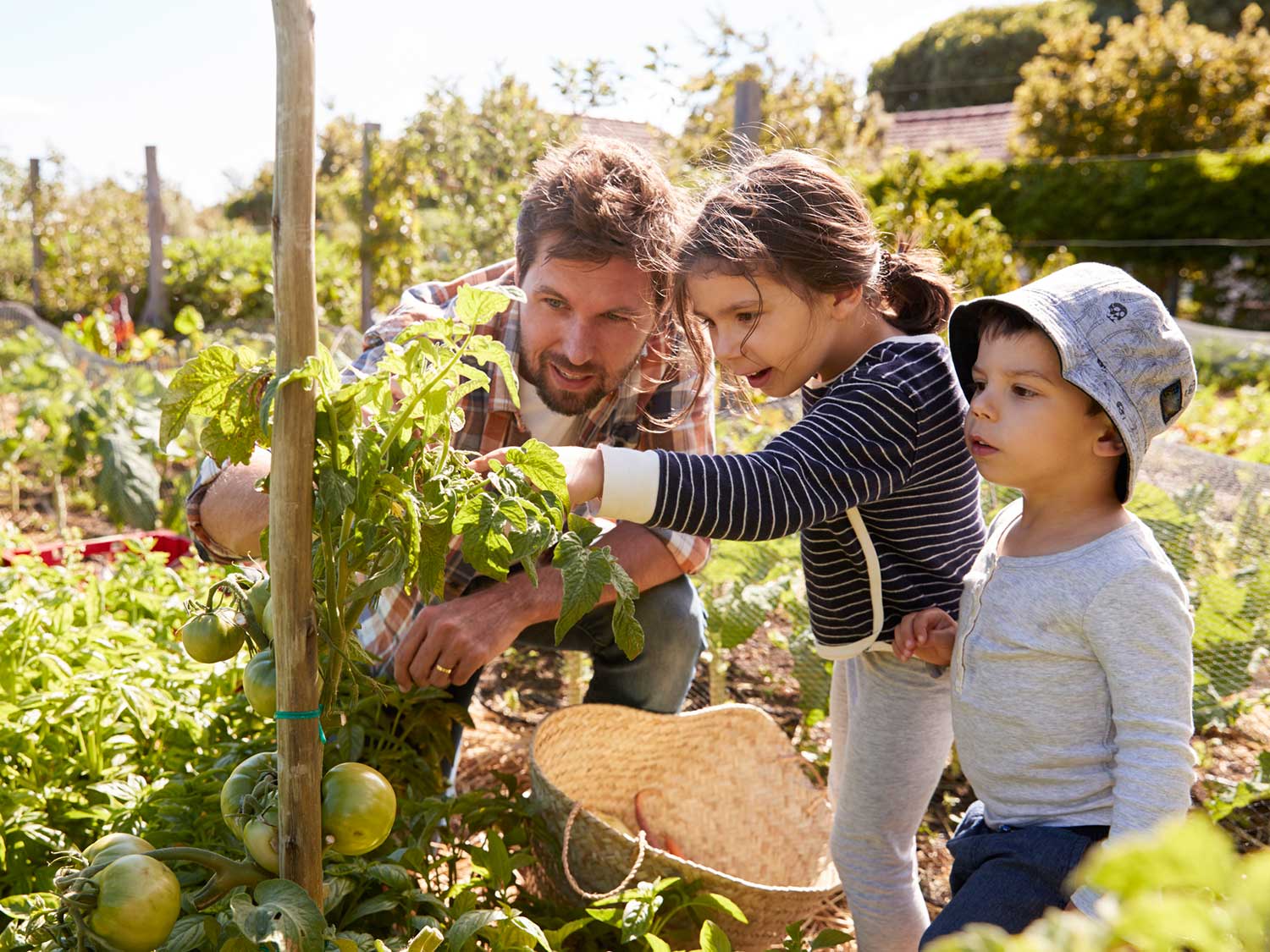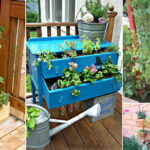Gardening, often perceived as a leisurely activity, harbors a wealth of benefits that extend far beyond the cultivation of plants. For children, engaging in gardening can serve as a potent medium for developing essential life skills. In an era marked by rapid technological advancements and urbanization, reconnection with nature becomes imperative. This guide outlines the multifaceted advantages of gardening for children, emphasizing how these experiences can hone critical skills necessary for their development and future endeavors.
One of the most significant life skills that gardening instills in children is the essence of responsibility. When tasked with caring for plants, children learn that their actions have direct consequences. Responsibilities in gardening include regular watering, weeding, and monitoring plant growth. This cycle of care fosters a sense of accountability and reinforces the concept that commitment leads to tangible results. Moreover, children begin to appreciate the patience required in nurturing growth—a skill that parallels many facets of life, including academic and personal endeavors.
Furthermore, gardening cultivates problem-solving abilities. Children encounter various challenges while tending their gardens; these may include pest infestations, plant diseases, or unfavorable weather conditions. Navigating these issues necessitates critical thinking and adaptability. For instance, when faced with a wilting plant, a child must assess possible causes—insufficient water, poor soil conditions, or light deprivation—and brainstorm potential solutions. This hands-on problem-solving experience equips them with the tools to tackle challenges both in gardening and in broader contexts.
Another fundamental skill that emerges through gardening is the development of fine motor skills. Activities such as planting seeds, using gardening tools, and even weeding require hand-eye coordination and dexterity. These physical tasks inherently engage children in a multisensory learning experience, refining their motor capabilities while also enhancing cognitive functions. The tangible act of digging, planting, and nurturing encourages exploration and experimentation, which are critical components of experiential learning.
Equally important is the boost to emotional well-being that gardening can provide. Studies indicate that time spent in nature contributes to reduced anxiety and improved mood. For children, this manifests as an outlet for their emotions. Gardening can become a therapeutic activity, offering a space for reflection and mindfulness. The tactile experience of working with soil and plants can ground children, encouraging them to embrace the present moment—a valuable skill in today’s fast-paced, often overwhelming world.
A significant component of gardening that is often overlooked is the promotion of teamwork and cooperation. When children collaborate on a gardening project, they learn to communicate effectively, share responsibilities, and respect diverse opinions. These social skills are crucial for fostering healthy relationships and establishing a sense of community. For example, planning a garden layout requires children to listen to each other’s ideas and negotiate roles, thereby enhancing their interpersonal skills, which are indispensable throughout life.
Consider the ecological awareness that develops through gardening. Engaging with living organisms imparts a deeper understanding of environmental stewardship. Children learn about ecosystems, biodiversity, and sustainability organically and engagingly. These experiences can shape their attitudes toward nature, fostering a sense of respect and responsibility for the environment. As they witness the impact of their efforts—whether it’s composting kitchen scraps or nurturing pollinator-friendly plants—they gain insight into the interconnectedness of life. This awareness is increasingly vital in tackling contemporary global issues like climate change and food security.
Importantly, gardening can also enhance nutritional knowledge and promote healthy eating habits. When children actively cultivate fruits and vegetables, they are more inclined to try new foods and develop a preference for fresh, nutritious options. This early exposure to gardening can lay the groundwork for lifelong healthy eating habits. Research suggests that children who grow their own food are more likely to incorporate fruits and vegetables into their diets, as the process of cultivation often increases willingness to consume these items. This shift is significant given the rising concerns about childhood obesity and dietary-related health issues.
Equipped with an array of skills developed through gardening, children can also experience a boost in self-esteem. Witnessing the fruits of their labor can be immensely gratifying, reinforcing the idea that hard work yields positive outcomes. Completing a gardening project can instill a sense of accomplishment, empowering children to pursue new challenges with confidence. This encouragement fosters resilience, as they learn that perseverance and dedication are keys to success, not only in gardening but across all areas of life.
Moreover, the act of gardening facilitates an enriched understanding of biology and the sciences. As children engage with plants, they encounter concepts such as growth cycles, photosynthesis, and pollination. This practical exposure enhances their comprehension of scientific principles, bridging the gap between theoretical knowledge and real-world application. Such experiences encourage curiosity and inquiry, fueling a passion for learning in various academic disciplines.
Ultimately, the ability to connect with nature through gardening serves as a microcosm of broader societal issues. Children learn to appreciate the delicate balance of ecosystems, the importance of sustainable practices, and the value of contributing positively to their environments. As future leaders and informed citizens, this foundation will be crucial as they navigate complex global challenges.
In conclusion, gardening stands as a dynamic vehicle for cultivating life skills in children. Through responsibility, problem-solving, and teamwork, children are equipped with tools essential for navigating their worlds. Moreover, the emotional, nutritional, and ecological benefits contribute to their holistic development. As parents and educators recognize the importance of fostering a connection to nature, gardening can emerge as a powerful platform for instilling values and skills that resonate well into adulthood. Establishing a culture of gardening in homes, schools, and communities is not merely an act of planting seeds but also of nurturing the leaders of tomorrow.









Leave a Comment